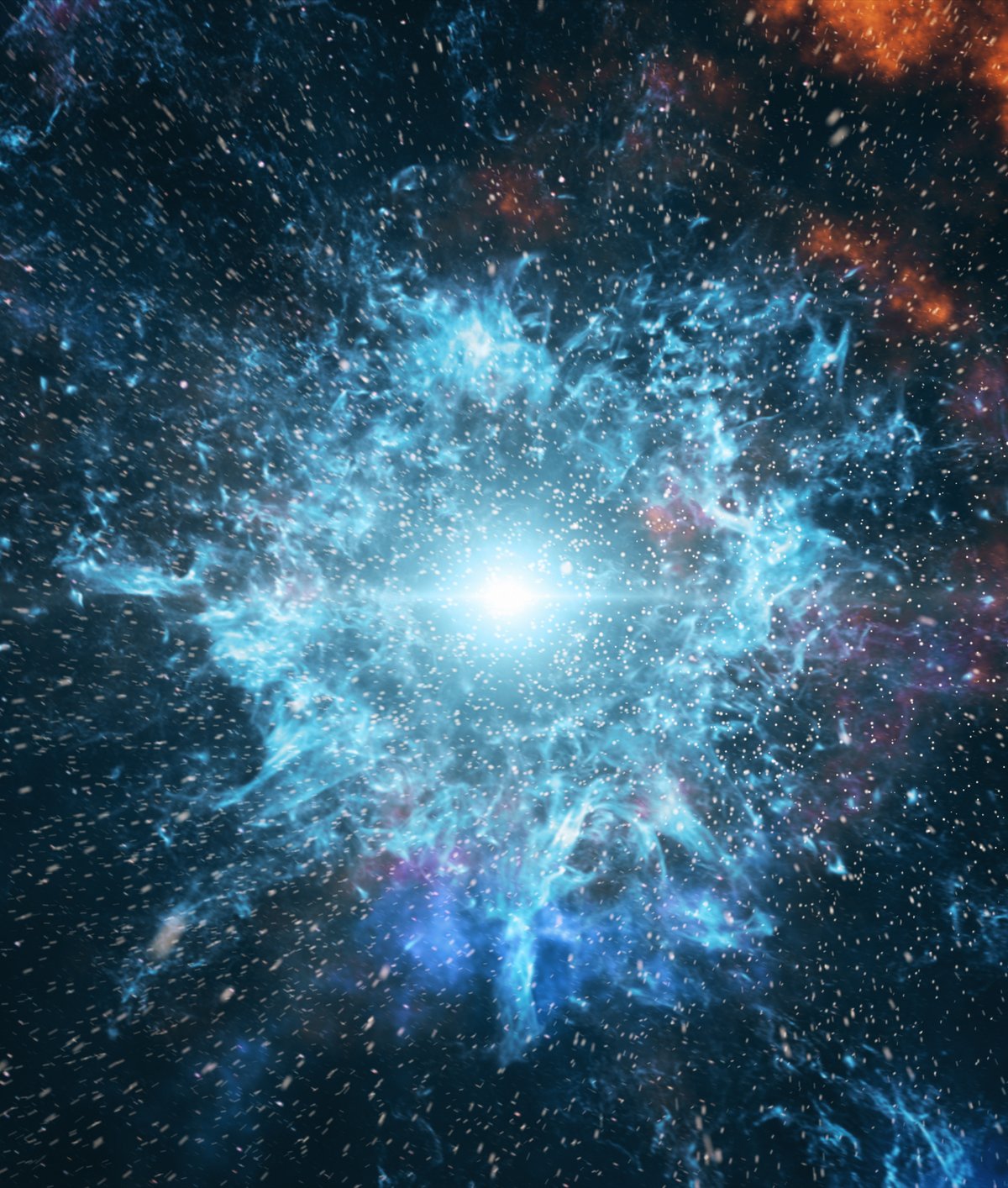Scientists usually describe the universe as infinite, as current theory suggests that the universe is constantly expanding and therefore it is not possible to find the edge of space. Our technology will probably never reach the point where it is capable of such a sophisticated feat. Because we live on Earth, we sometimes think we are at the center of the universe, but the center started with the Big Bang and was nowhere near here.
The idea that we are at the center point of the universe is common, and someone on Mars, for example, would think the same thing. When you look up at the sky, you can see all the distant stars and planets around us; this is exactly what creates the impression that the Earth is at the center.But the truth is we are a long way from that.
American astronomer Edwin Hubble stated in the 1920s that all galaxies are moving away from us on average; the Hubble Telescope is named after him. In Albert Einstein’s theory of general relativity, the scientist stated that the universe is dynamic and constantly expanding; therefore, the explanation for why galaxies are moving away was already known to Hubble.
Despite the current understanding that everything is constantly expanding, before Einstein’s theory, scientists believed the universe was completely static.. The idea was that there would be a beginning, a middle, and an end. But today we know that doesn’t work that way; in fact, everything around us seems to be constantly expanding. After all, where is the center of the universe?
“For there to be a center point, that point has to be a specific shape relative to the universe as a whole. Let’s think about all the different kinds of influences that could create a center. First, if an object is spinning, you can define a center of rotation. The center of rotation is the single point of a spinning object that is fixed,” said Christopher S. Baird, associate professor of physics at West Texas A&M University (USA).
Where is the center of the universe?
Simply by thinking, If the universe had a center, it would be where the Big Bang began to spread in all directions. However, according to Albert Einstein’s theory of general relativity and the model developed by Alexander Friedmann, Georges Lemaître, Howard Percy Robertson and Arthur Geoffrey Walker (the Friedmann-Lemaître-Robertson-Walker metric), the expansion is the same in all directions.
Therefore, researchers point out that there is no defined central point because everything is constantly expanding. The idea is that all points in the universe are expanding equally in all directions, and so there is no longer a single starting point..
Later, The simplest answer to this mysterious question is that there is a definite center.Although civilization has long thought that we are at the center of everything, this is only a perception.
It would be impossible to pinpoint a region of space as the center of the universe because it has been expanding continuously for billions of years. For example, the Earth has a core of molten rock, but if you ask The answer to the question of where the center of the planet’s surface is would be much more complex; after all, it could be anywhere.
“For the Earth, the center of rotation is the axis connecting the north and south poles. For a basketball player spinning a basketball on his finger, the center of rotation is the point where the ball touches his finger. A wheel on an axle is the center of the axle. Observations of the universe as a whole have not found any rotation of the universe. Without rotation, there is no center of rotation,” Baird adds.
Some scientists suggest that this idea works as if there were a two-dimensional creature at the center of a three-dimensional space. Since they are not three-dimensional beings, they could never find the center point of this three-dimensional space.
We are three-dimensional living beings, but Researchers believe that the universe may consist of four or more dimensions; therefore, it will not be possible to discover the essence of everything.
Did you like the content? So, stay up to date with more science and astronomy curiosities on TecMundo. Or take the opportunity to learn about the universe and cosmology in the dark ages.
Source: Tec Mundo
I’m Blaine Morgan, an experienced journalist and writer with over 8 years of experience in the tech industry. My expertise lies in writing about technology news and trends, covering everything from cutting-edge gadgets to emerging software developments. I’ve written for several leading publications including Gadget Onus where I am an author.











